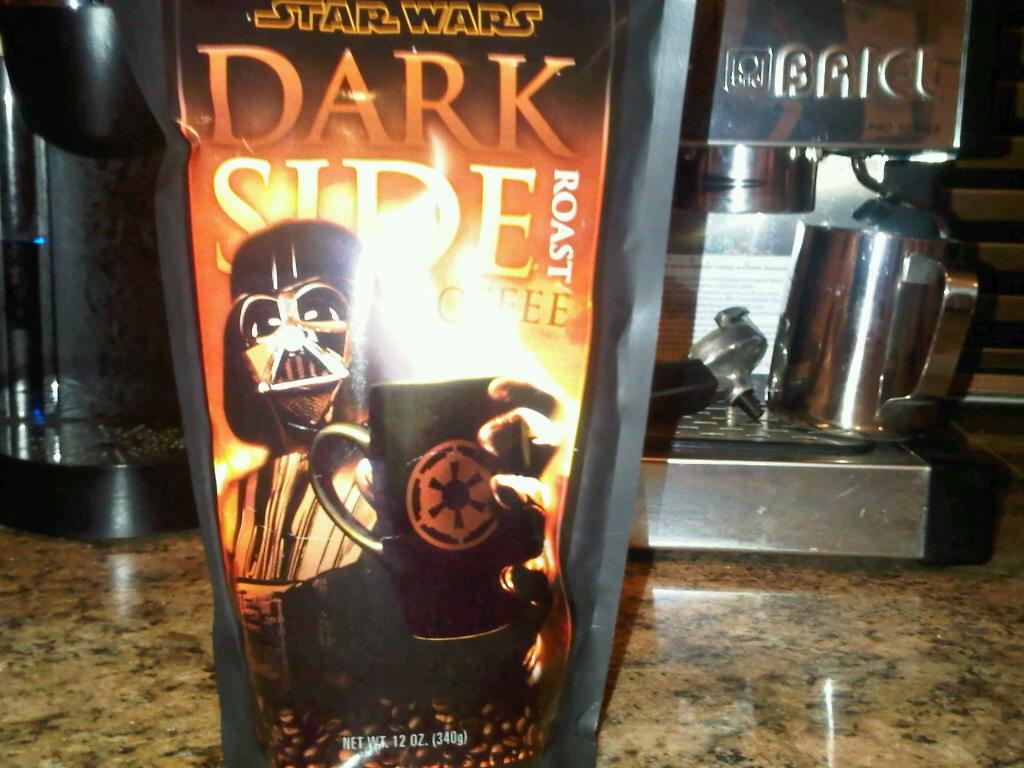Quiz: If I say they play "smash mouth football", what year was I thinking?
Of course, some make less sense. "He's not just fast, he's quick" will get non-scout heads scratching. We know they are slightly different words, but really, a slow quick football player makes little sense so fast seems redundant and "It's a shame somebody has to lose this game" makes even less sense, but we hear it all of the time.
In the world of science and medicine, perennials are that some new series of studies will come out saying how awesome X is - and how terrible Y is. So highly paid marketing campaigns have convinced food mullahs that High Fructose Corn Syrup should be banned because somehow glucose from corn leads to obesity while glucose from sugar does not - it's like blaming a spoon made from plastic for making Rosie O'Donnell fat and absolving spoons made from metal but they raise and spend a lot of money saying just that.
In 2007, we finally had enough and started ridiculing all of the articles saying how great chocolate was - what put us over the edge was an AAAS panel (yes, the AAAS corporation that produces Science magazine) on the medicinal wonders of chocolate in which only one member of the panel was not funded by the Mars candy company. Then we had red wine.
Quiz: Name the red wine year and, for bonus points, name the "it" food for health miracles of the two other years. One of them is a trick question.
2011 may be the year of coffee. Coffee, at one time, was considered a vice. It has caffeine, and caffeine is addictive and anything addictive is bad, I suppose, though the word addictive has a colloquial meaning due to marketing campaigns saying drug addicts bear no actual responsibility for taking drugs.
Coffee is not only no longer a vice, it is basically the Prius of the health community. Contrast that to three years ago, when dopey 'virtual water' pseudoscience was trying to claim it took 140 liters of water to make a single cup of coffee and therefore coffee drinkers were killing the planet (see Remember That '140 Liters Of Water In My Cup Of Coffee' Theory? Here's Why Virtual Water Is Bogus) but we were defending coffee even then. Here, from The Assault on Coffee in 2007, when it was still the enemy:
Coffee is healthy:
- Coffee drinking protects against eyelid spasms
- Coffee consumption may lower blood uric acid levels
- Coffee prevents gout
- Need Fiber? Have Some Coffee
- Panel says moderate coffee drinking reduces many risks
- Coffee may ease muscle pain
Coffee Makes Us Want To Be Worthy Of It:
Coffee Makes Us Love Each Other:
- A cup of coffee and sex, please ?
- Falling in Love Over Coffee
- Coffee: "Without it, we are all miserable"
- Coffee makes us say 'yes'
Coffee Improves Race Relations:
Coffee Protects Us:
Coffee Is Good For The Global Economy:
- Trademarking Coffee: Starbucks cuts Ethiopia deal
- McDonald's serves ethically sourced coffee
- Buy Cat Poop Coffee For $420 per pound
Well, the rest of the science world is finally catching on. "Coffee consumption modifies risk of estrogen-receptor negative breast cancer" says this study in Breast Cancer Research (doi:10.1186/bcr2879) while in men it reduces the chances of prostate cancer and makes it less deadly even if men get it, says this article in Journal of the National Cancer Institute.
And that's not all; dementia, diabetes, you name it, someone is showing coffee helps. It may be even too much. Why haven't we done a "Who Funds The Coffee Consensus?" piece, like we finally had to do after that chocolate nonsense got to be too much? Well, we don't care much about chocolate and coffee is awesome. So we have completely embraced the dark side on this one.

Yes, this is actually the coffee I was drinking as I wrote this. I was not kidding about that 'dark side' stuff.



Comments